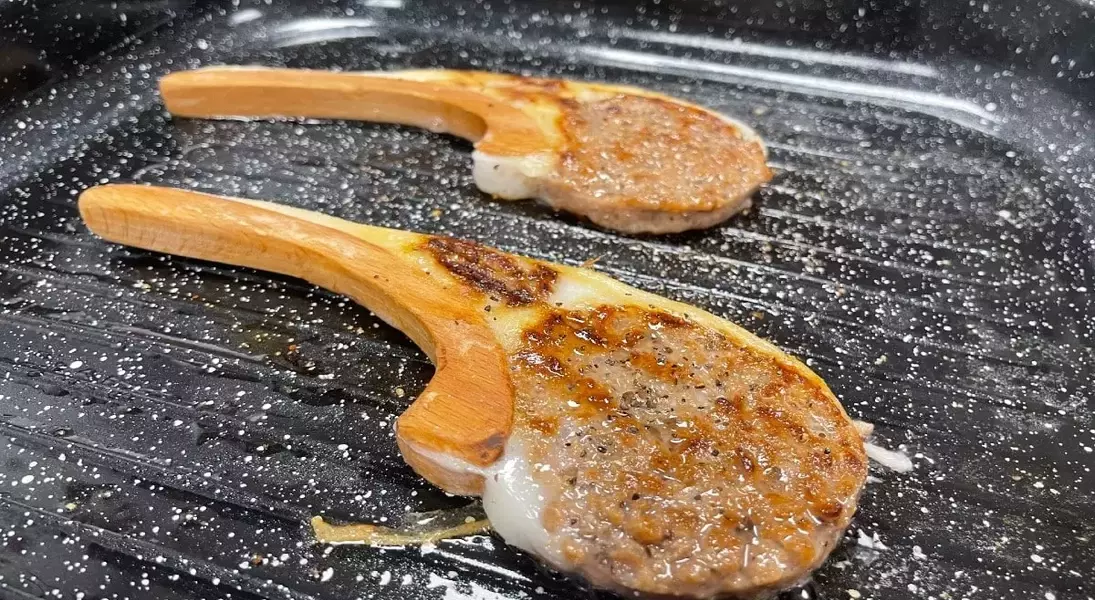
In a groundbreaking development, engineers from The Hebrew University of Jerusalem have harnessed the power of metamaterials to produce whole cuts of meat. This innovative approach leverages advanced materials science to replicate the texture and structure of traditional meat, offering a scalable and cost-effective solution that surpasses existing 3D printing technology. By utilizing injection molding techniques, this method not only mimics the intricate architecture of muscle and fat but also significantly reduces production costs, making sustainable meat alternatives more accessible.
Advancements in Material Science for Culinary Innovation
The pioneering work by Dr. Mohammad Ghosheh and Prof. Yaakov Nahmias has introduced two novel metamaterials into food technology. These materials, designed to mimic the properties of natural meat, are produced using high-capacity manufacturing processes typically found in the polymer industry. The low-temperature meat analogue (LTMA) replicates the fibrous texture of muscle tissue, while proteoleogel (PtoG) emulates the structural integrity and cooking behavior of animal fat. Together, these innovations enable the precise creation of complex meat cuts with remarkable sensory fidelity.
The development of LTMA and PtoG represents a significant leap forward in the field of alternative meat production. Traditionally, creating whole cuts of meat has been challenging due to the complexity of replicating the muscle and fat structures. However, by applying principles from aerospace engineering, the research team has successfully addressed these challenges. The use of injection molding allows for rapid and large-scale production, ensuring that the textures and flavors of traditional meat can be faithfully reproduced. Participants in blind taste tests were unable to distinguish between the steak analogues and conventional meat, underscoring the potential for widespread consumer acceptance.
Scalability and Sustainability: A New Era in Food Production
This new method offers a transformative leap in scalability and affordability compared to existing 3D printing technologies. Injection molding reduces costs to $9 per kilogram, approximately one-fourth the expense of 3D printing methods. This cost reduction makes sustainable meat alternatives more accessible to a broader audience, addressing the growing global demand for meat while mitigating its environmental impact. Livestock farming accounts for over 30% of global freshwater use, highlighting the urgency for sustainable solutions in food production.
The implications of this technology extend far beyond culinary innovation. It signifies a major step forward in consumer acceptance of sustainable protein alternatives, particularly for whole cuts, which constitute over half of global meat consumption. By tapping into the unique structural properties of metamaterials, the researchers have developed a solution that is both sustainable and scalable. This convergence of materials science and gastronomy provides a blueprint for the future of food production, opening new possibilities for designing food products that are as appealing as they are environmentally friendly. As Prof. Nahmias noted, this work demonstrates the untapped potential of metamaterials in food technology, paving the way for a more sustainable and efficient food system.
